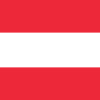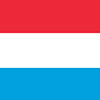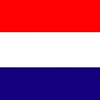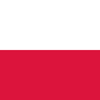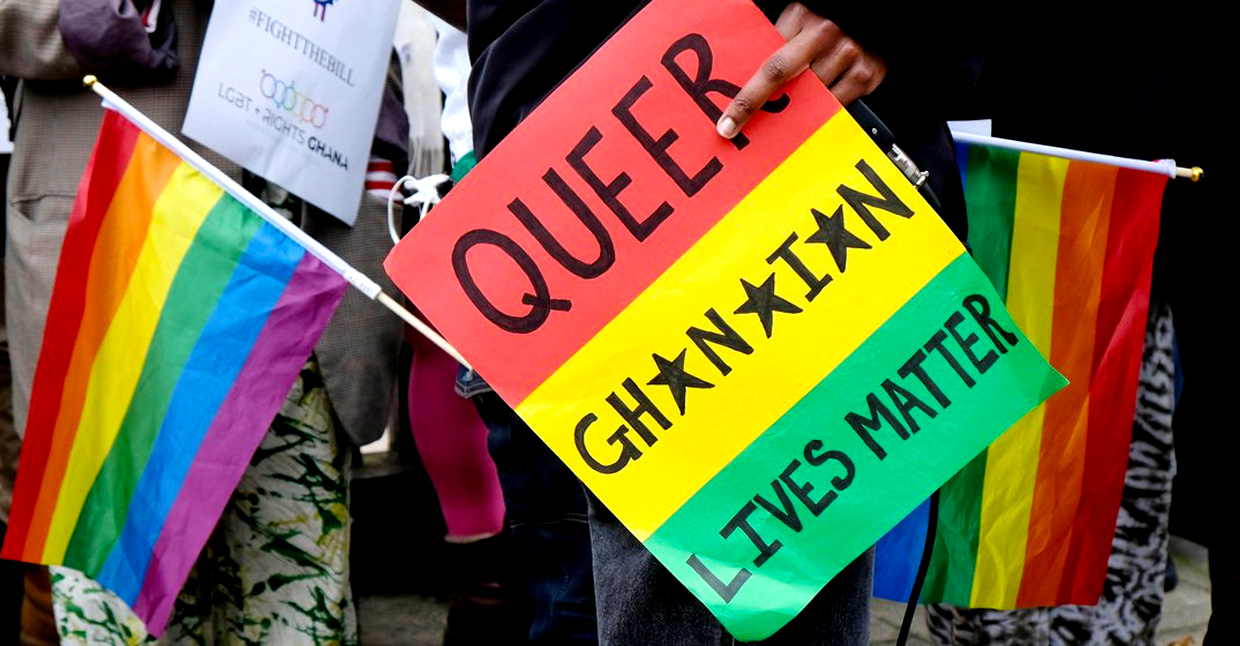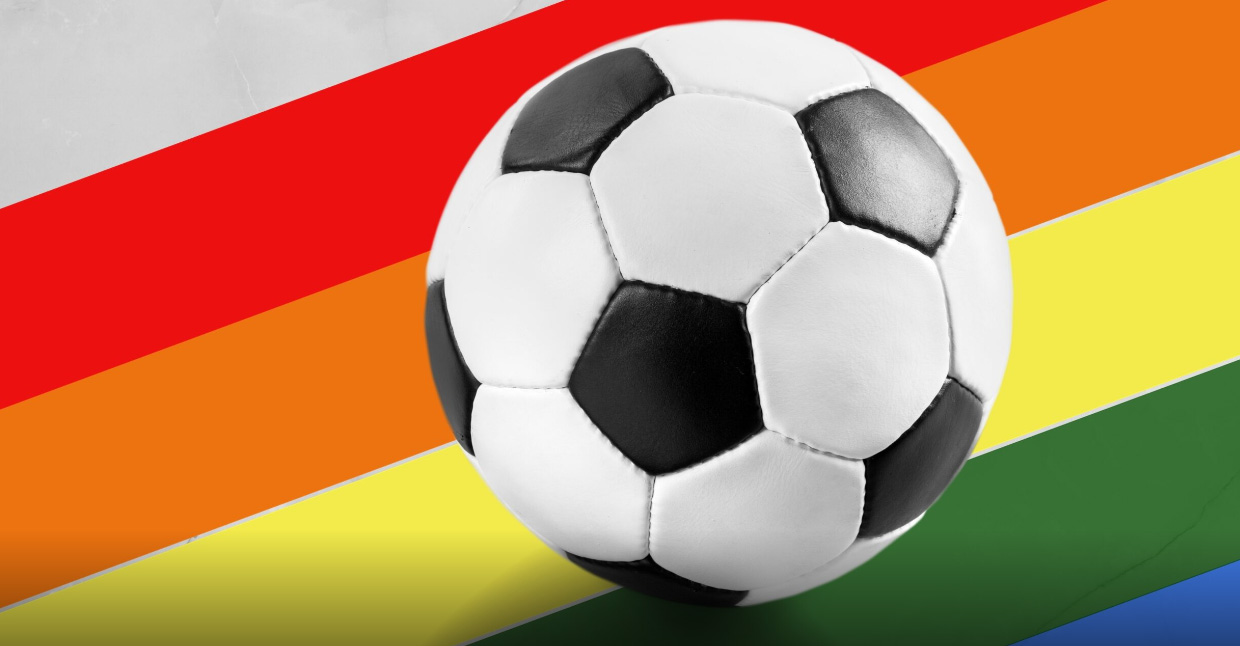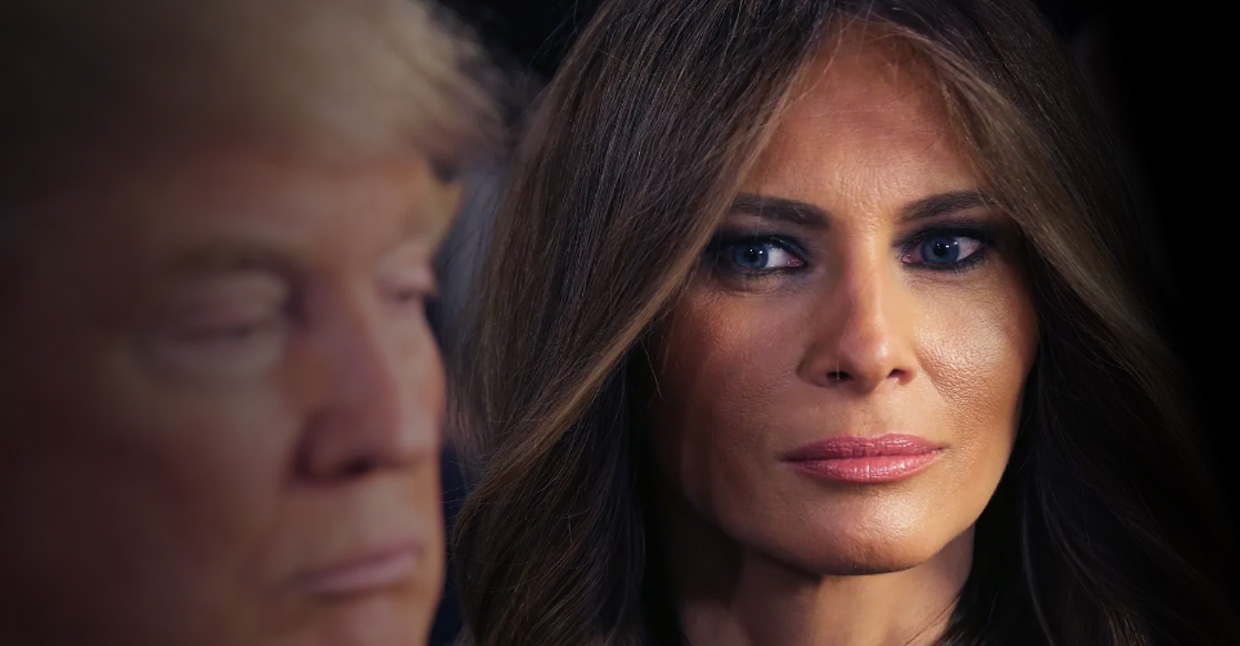A large majority of the Ghanaian parliament voted in favour of the law, which significantly limits the freedoms of LGBT+ individuals in the West African country. The initiator of the law, Samuel Nartey George, describes LGBT+ individuals as a "danger to public health".
Homosexuality is already illegal in Ghana, but now "identifying" as LGBT+ is being added as well. Both offenses carry a maximum sentence of three years in prison. Providing LGBT+ education to children is punishable by ten years in prison, and supporting LGBT+ organisations can result in a five-year prison sentence. Furthermore, the law calls for individuals who are LGBT+ to be "reported" to the authorities. The maximum prison sentences are slightly shorter than in the original draft of the law.
The law still needs to be approved by President Nana Akufo-Addo. LGBT+ organisations are urging him not to do so. Akufo-Addo has previously stated that same-sex marriage will never be legalised under his leadership and that he will sign the law if "the majority of Ghanaians support it." However, last year, the president seemed to consider softening the law after a visit from American Vice President Kamala Harris. It is unclear whether reducing the length of prison sentences will be enough to garner the president's support for the law.
LGBT+ organisations express their concerns about the law. Last month, Amnesty International said the law is a "threat to the fundamental rights and freedoms" of the LGBT+ community.
The head of UNAIDS, Winnie Byanyima, says: "The law will exacerbate fear and hatred, could incite violence, and will negatively impact free speech, freedom of movement and freedom of association." According to Byanyima, the law jeopardises "Ghana's development success".
